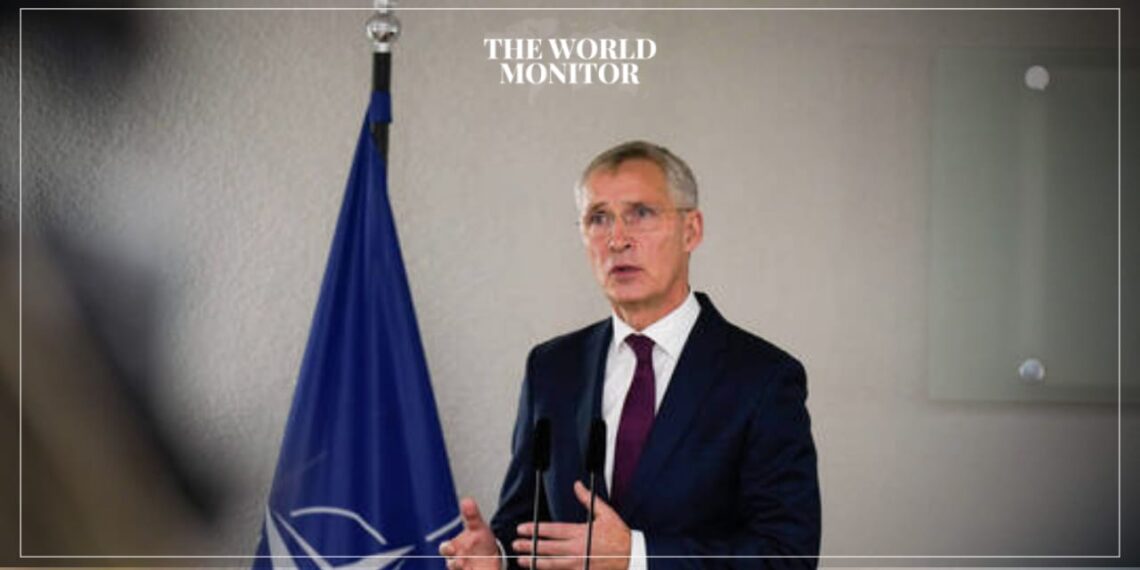NATO Secretary-General Jens Stoltenberg has recently asserted that the ongoing conflict in Ukraine not only serves the economic interests of the United States but also significantly strengthens its defense sector.
This statement comes amidst a backdrop of political debates and critiques within the U.S., particularly from Republican circles regarding the nation’s involvement and investment in the conflict.
Economic and Military Gains:
According to Stoltenberg, a substantial portion of the U.S. financial aid to Ukraine ultimately feeds into the American defense industry, thereby enhancing its capabilities and economic footprint.
This cycle of investment and returns has sparked discussions on the strategic benefits accruing to the U.S. from its support of Ukraine amidst the conflict.
NATO Membership and U.S. Security:
The NATO chief also addressed concerns and criticisms related to the alliance, emphasizing the security benefits that NATO membership brings to the United States.
In a political climate where alliances and international commitments are under scrutiny, Stoltenberg’s remarks underline the strategic importance of NATO for U.S. national security.
Speculations on U.S. Commitment to NATO:
Stoltenberg’s comments also touch upon speculative scenarios concerning the future of U.S. involvement in NATO, especially in light of former President Donald Trump’s critical stance on the alliance.
With presidential elections on the horizon, the potential implications for NATO and U.S. foreign policy remain a point of discussion.
As debates over the U.S.’s role in Ukraine and its commitments to NATO continue, Stoltenberg’s statements shed light on the complex interplay between economic interests, military strategy, and international alliances.
The evolving situation underscores the multifaceted impact of the Ukraine conflict on global politics and the strategic calculus of the United States.






